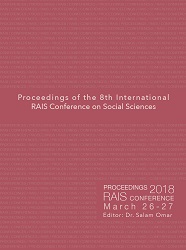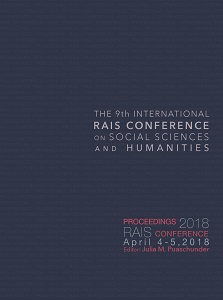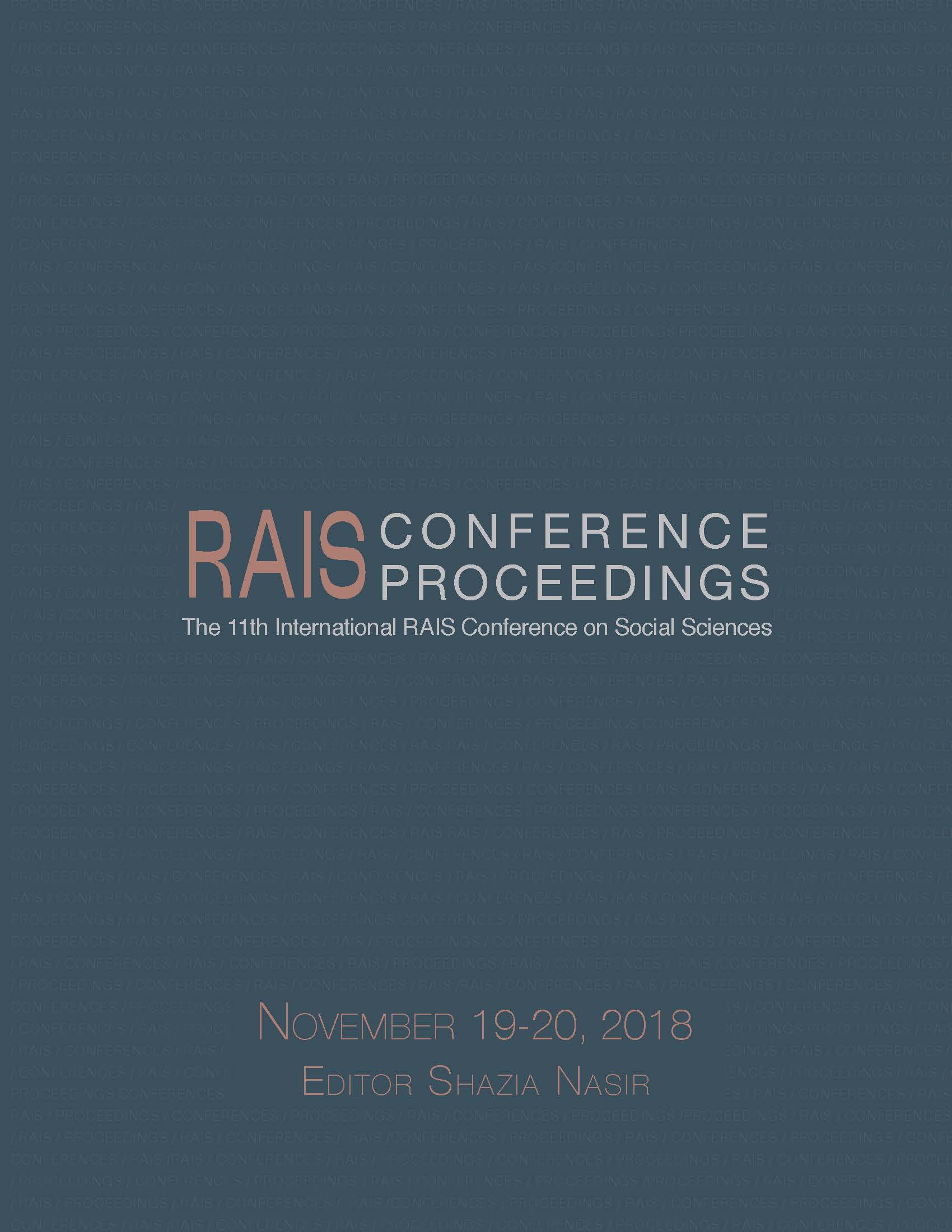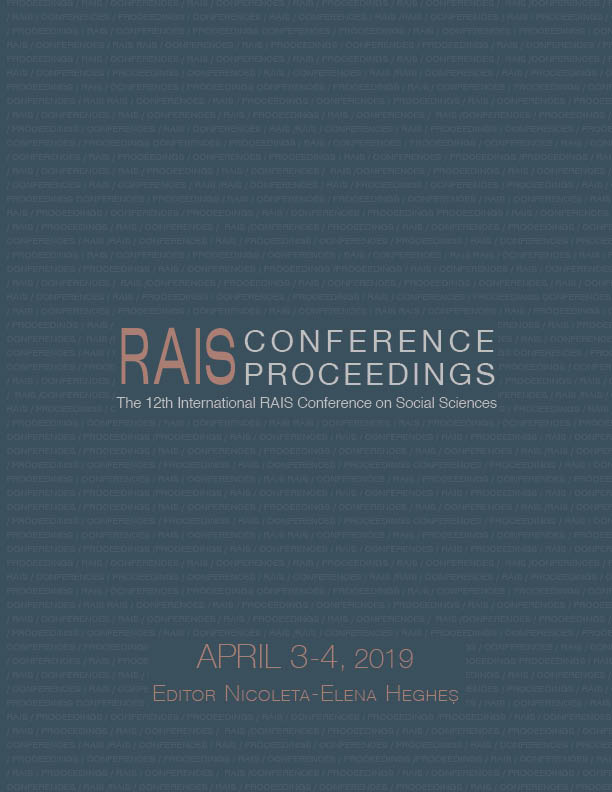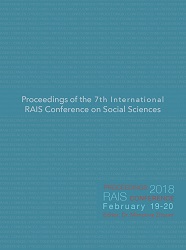
The Urbanization and Environmental Challenges in Dhaka City
The Urbanization and Environmental Challenges in Dhaka City
Keywords: Urbanization; Environment; Dhaka
The main purpose of this study is to focus on the urban growth and environmental impacts on Dhaka city for the sustainable development of urbanization policymaking.The study has found that the Dhaka city is expanding rapidly and environmental issues are the main problem for urbanization. Because there is huge pollution in Dhaka city through unawareness of human activities. The local government can increase the public participation in sustainable development for urban growth in Dhaka city. The policymaker can formulate a strategy for urbanization growth and green environment by training on public participation and facilitation for urban people.
More...
